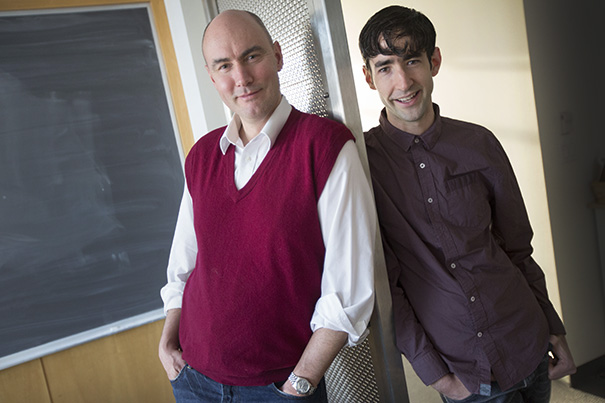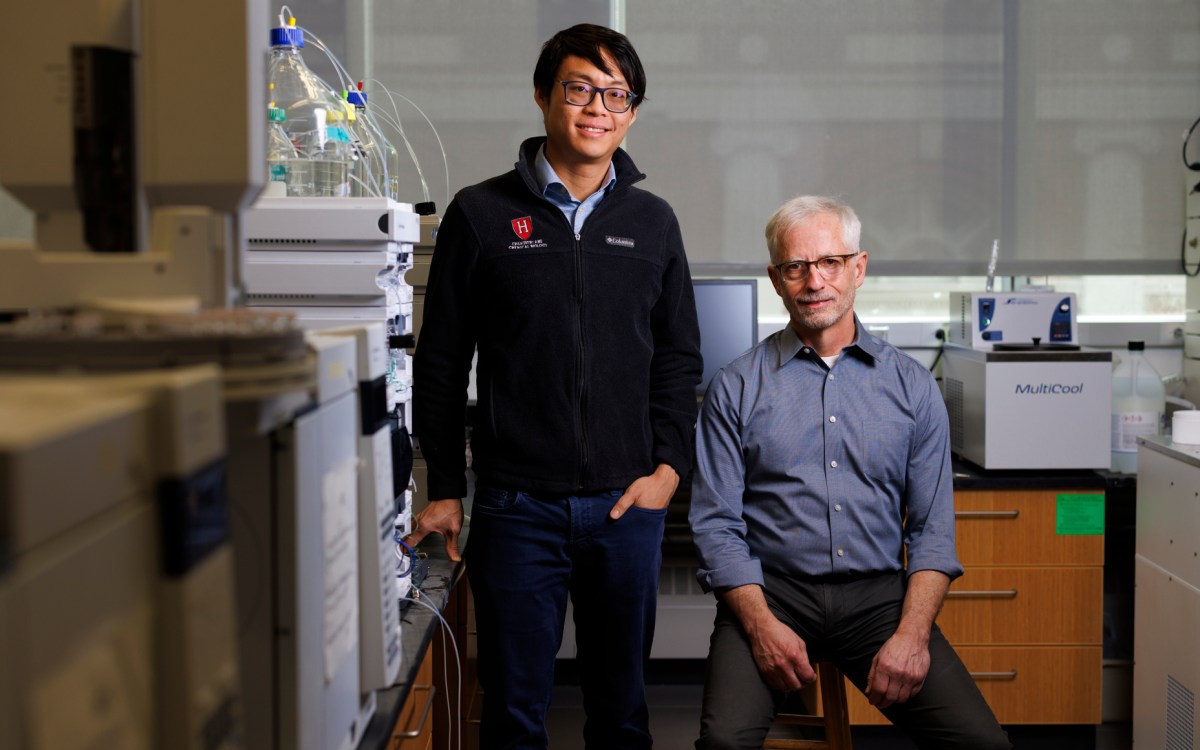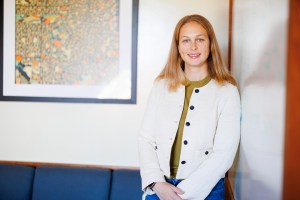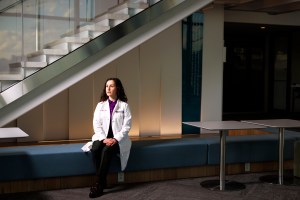Science & Tech
-
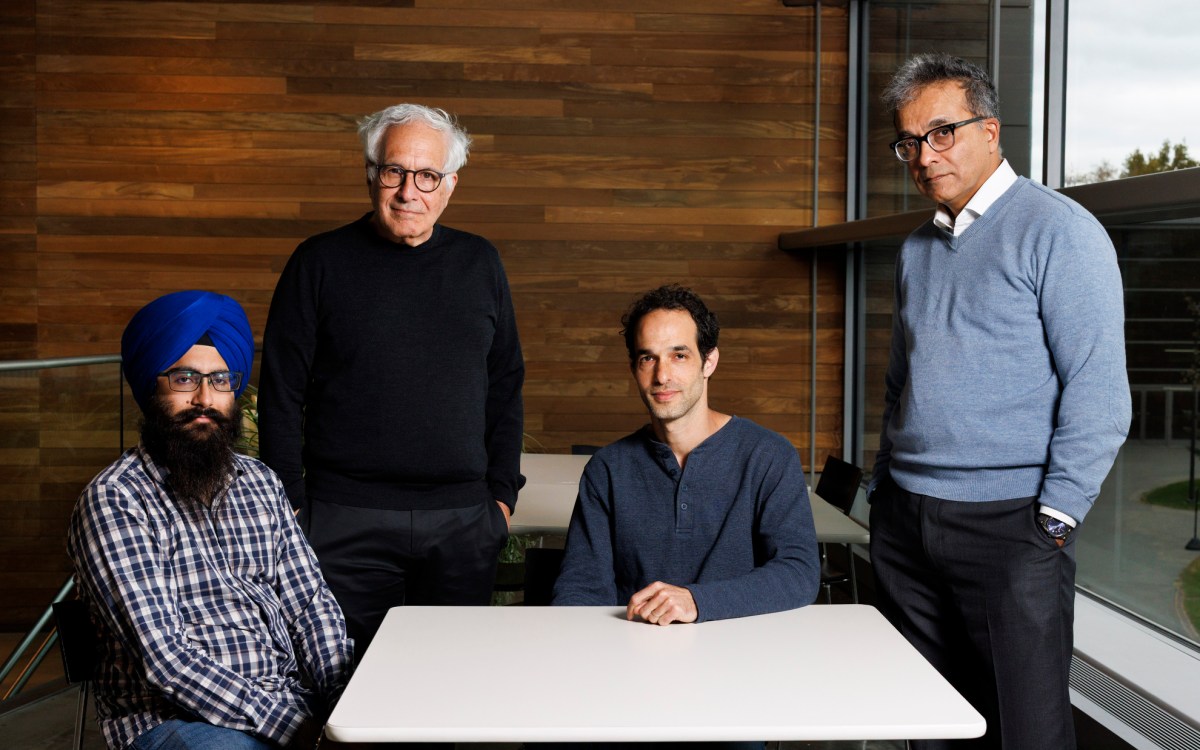
Want to speed brain research? It’s all in how you look at it.
New AI-enhanced scanning method promises to boost quest for high-resolution mapping
-
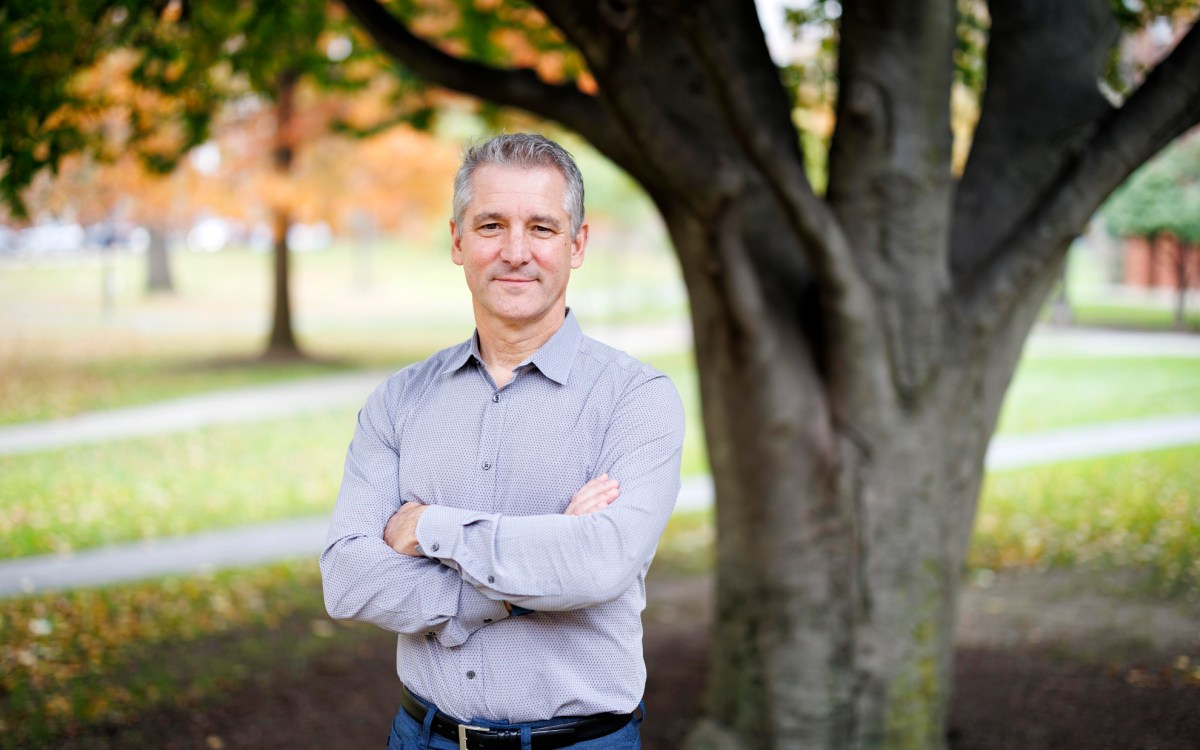
-
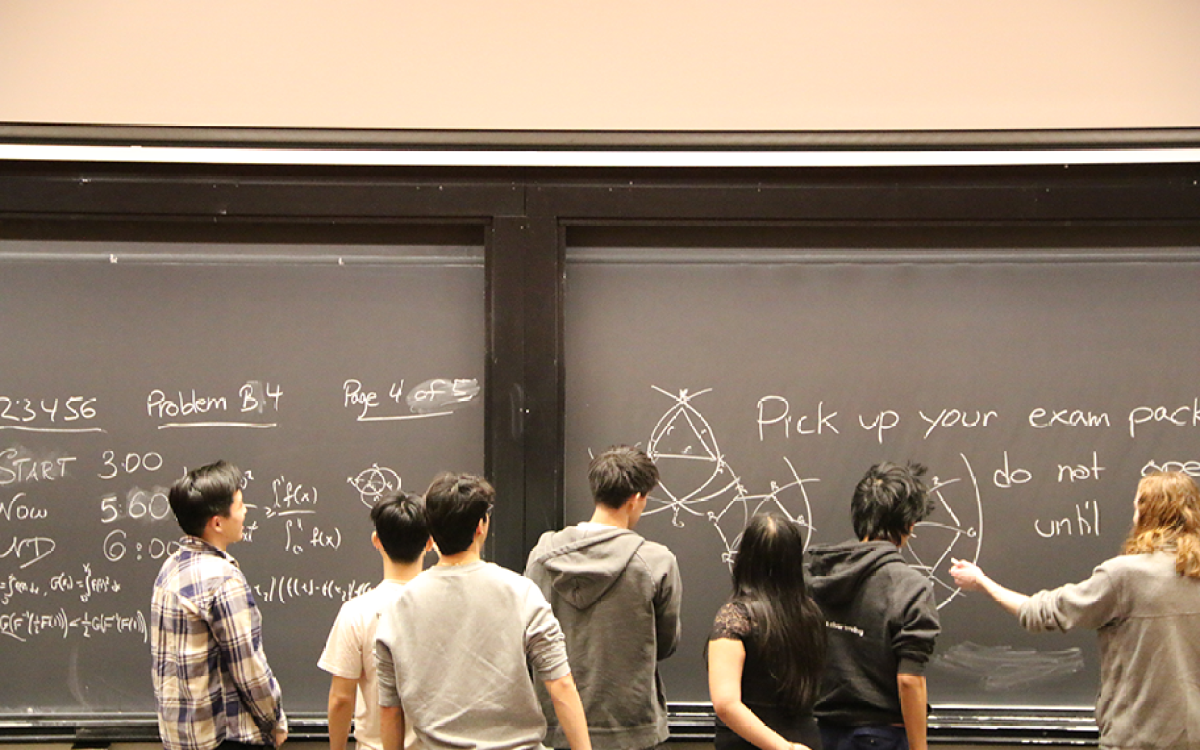
‘It just feels good when you solve the hard problems’
Why do students volunteer to take this notoriously difficult math exam? For the fun of it.
-
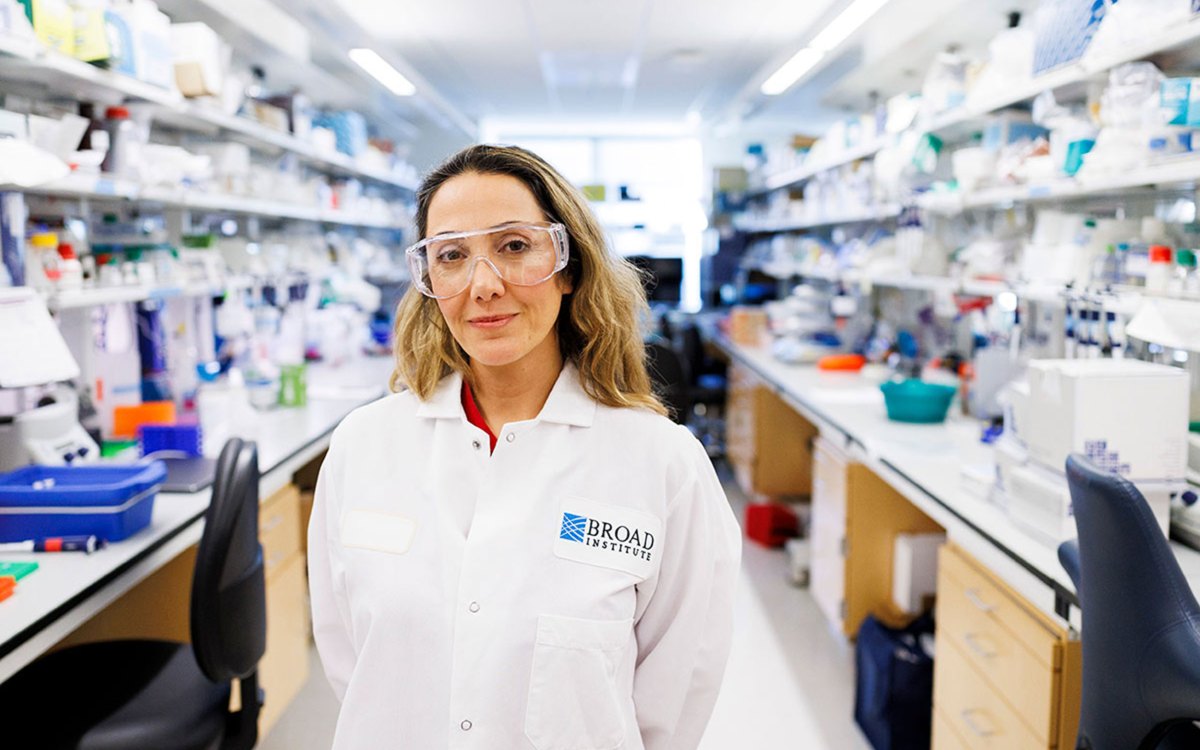
Stopping the next pandemic
Disease surveillance network faced ‘existential cliff’ despite proven success. Then came the $100 million.
-

Rethinking — and reframing — superintelligence
Microsoft researcher says separating AI from people makes systems dangerous and unproductive
-
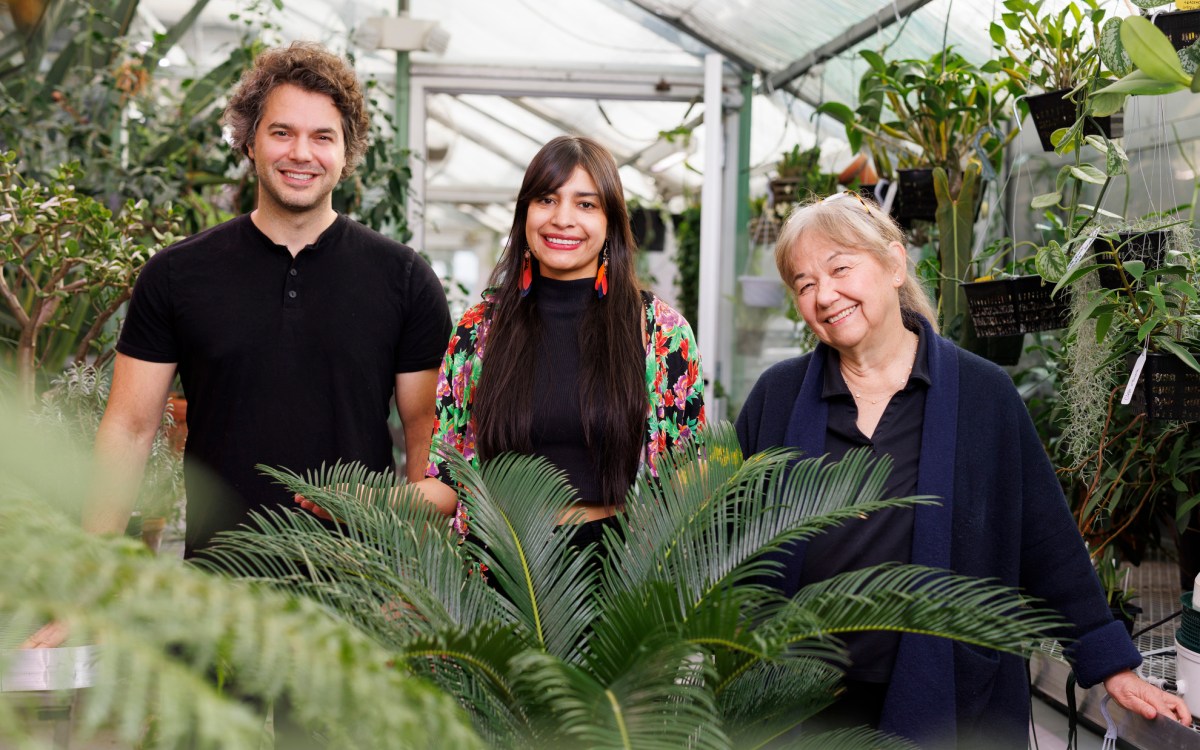
First, male gets heated up, then female, and then, you know
Study shows infrared radiation from plants serves as invitation to pollinating insects
-
The melding of technology
Former MIT President Susan Hockfield discussed the power of technology’s ongoing convergence during a session at the John F. Kennedy Jr. Forum.
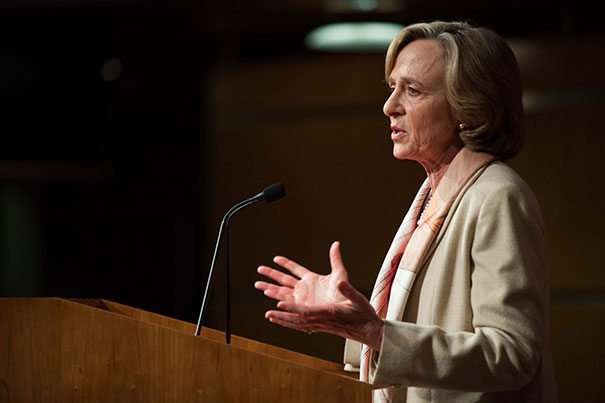
-
Roomy cages built from DNA
Scientists at the Wyss Institute for Biologically Inspired Engineering at Harvard University have discovered a way to build self-assembling cages made of DNA. The cages are the largest stand-alone DNA structures made to date, and one day may be able to deliver drugs or house tiny bioreactors or photonic devices inside the human body.
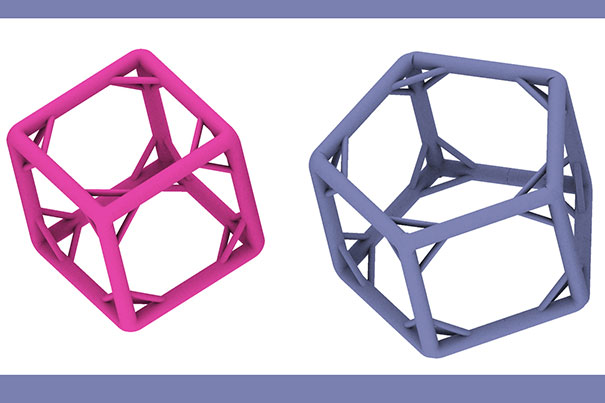
-
Wearing technology
MIT Professor Rosalind Picard and a team of researchers at the MIT Media Lab have created a wristband that can gauge a person’s emotional response to stimuli or situations by tapping skin conductance, an indicator of the state of the sympathetic nervous system, which controls the body’s flight-or-fight response by ramping up responses like heart rate and blood pressure.
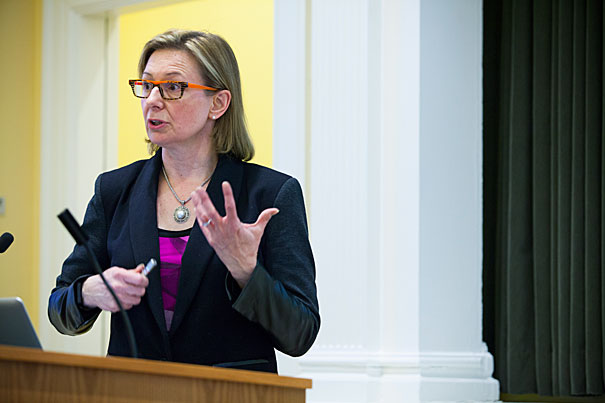
-
A national perspective on climate change
Director of the Yale Project on Climate Change Communication Anthony Leiserowitz spoke at a Harvard Kennedy School seminar called “Climate Change in the American Mind.”
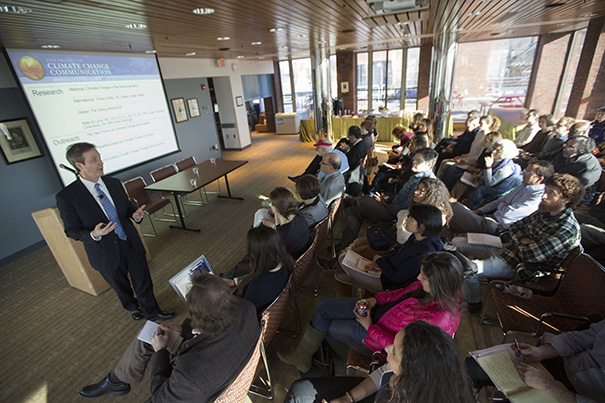
-
Linking China’s climate policy to its growth
Nobel laureate Michael Spence offered some growth projections for China in a talk at the Science Center.
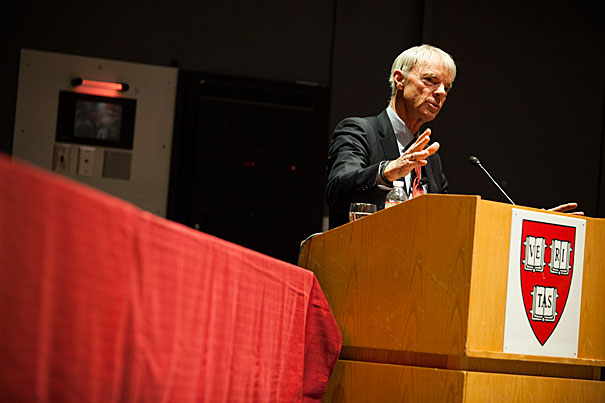
-
Happy birthday, Web
The World Wide Web turns 25 this week, so the Gazette sat down with Scott Bradner, a senior technology consultant with the University who has been involved with the Internet since the early days. Bradner says government regulation is the greatest threat looming over the Net, and its spread around the world via smartphones its greatest promise.
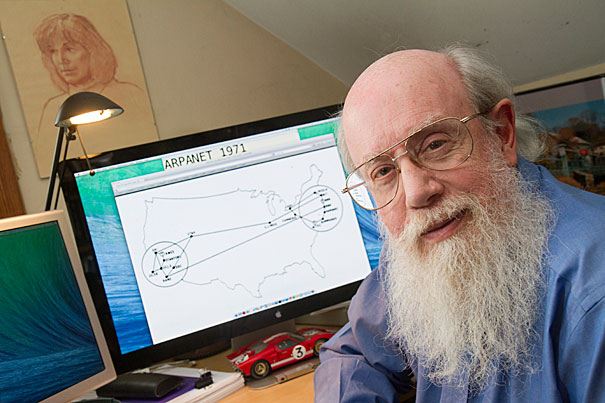
-
Getting to the source
A team of Harvard researchers has demonstrated that the bacterium Rhodopseudomonas palustris can use natural conductivity to pull electrons from minerals located remotely in soil and sediment while remaining at the surface, where it absorbs the sunlight needed to produce energy.
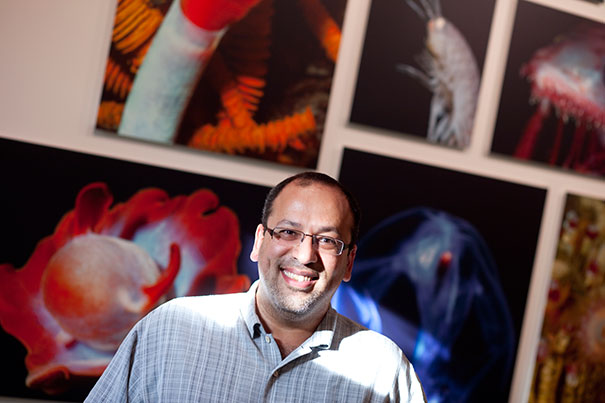
-
Hierarchical differences
Female academics are less likely to collaborate across rank, a Harvard study found.
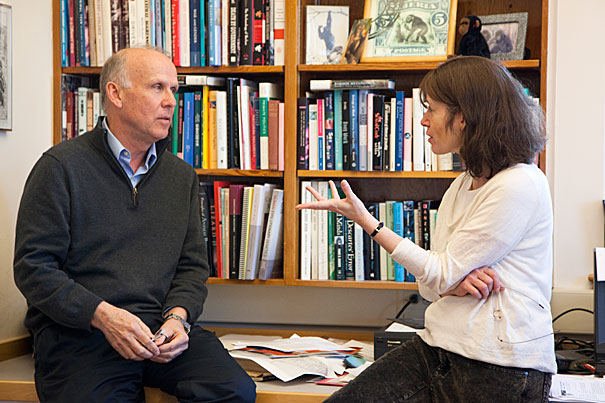
-
Grasping with the eyes
A symposium on data visualization brought together experts from campus and beyond to show how technology in the arts, sciences, and humanities is helping people think in new ways.
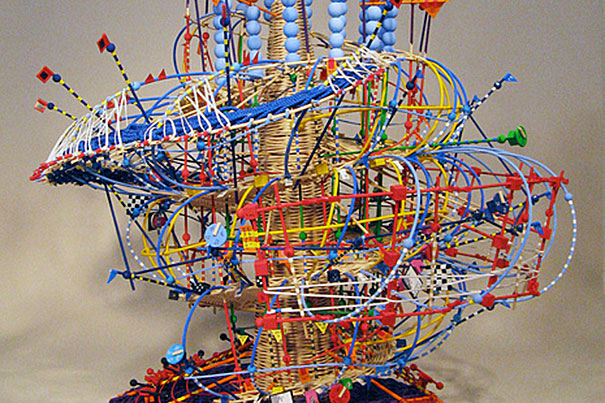
-
Bringing order to the court
New Harvard research points to a sharper method for evaluating basketball players.
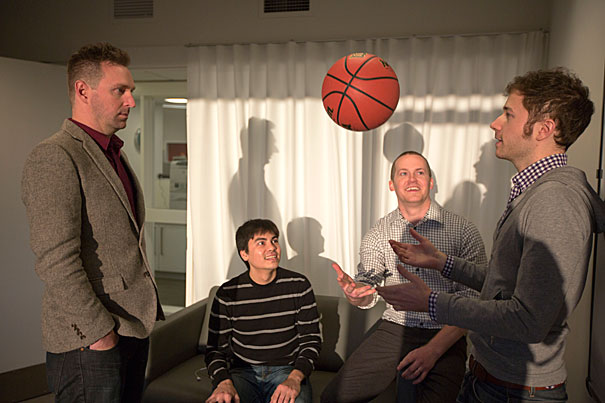
-
Heads for steel
In the Instructional Physics/SEAS Instrument Lab, a machine shop tucked in the basement of Lyman Laboratory, students learn to use a range of equipment — everything from lathes to laser cutters to 3-D printers.
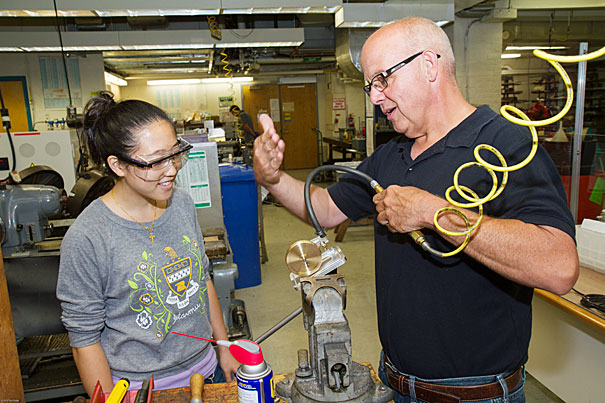
-
Negative plus
Led by Professor David Liu, a team of researchers has developed a technique to continuously evolve biomolecules that uses negative selection — the ability to drive evolution away from certain traits — to create molecules with dramatically altered properties.
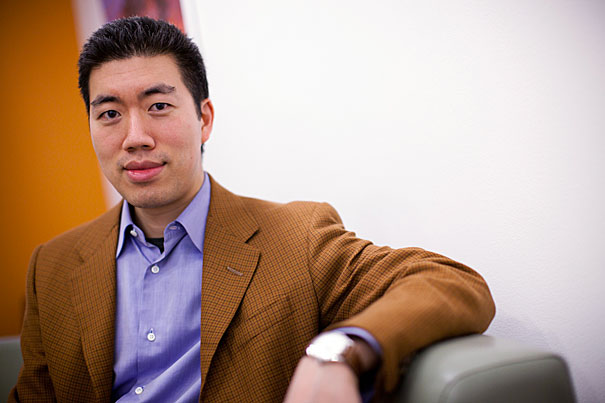
-
Sizing up the Big Bang
Four experts, including Nobel Prize winner Robert Wilson, came together for a CfA program titled “50 Years After the Discovery of the Big Bang.”
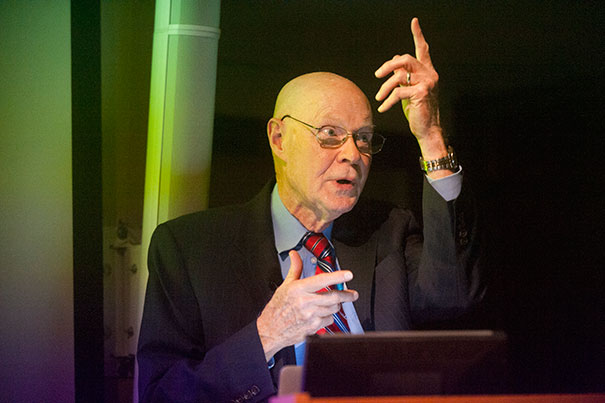
-
Out of disaster, a new design
A team of students from Harvard’s Graduate School of Design, just back from Japan, took home first prize in an international competition for solutions to sustainable recovery in a region of Japan devastated by a triple disaster in 2011.
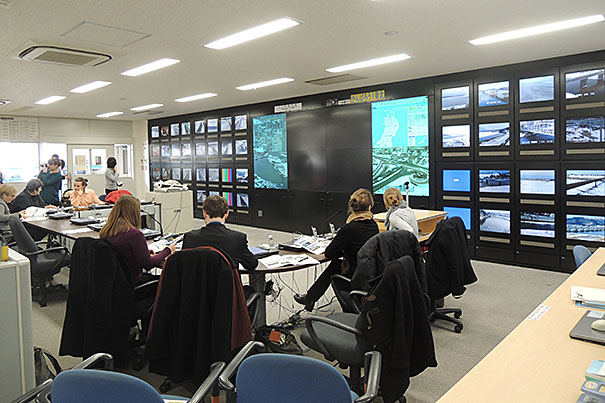
-
Curves alter crystallization, study finds
A new study has uncovered a previously unseen phenomenon — that curved surfaces can dramatically alter the shape of crystals as they form.
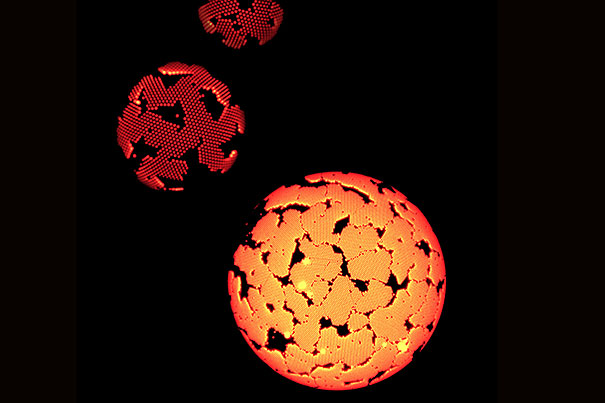
-
Science vs. politics
The ongoing debate over climate change is a political one, not a scientific one, panelists at the Harvard Kennedy School said.
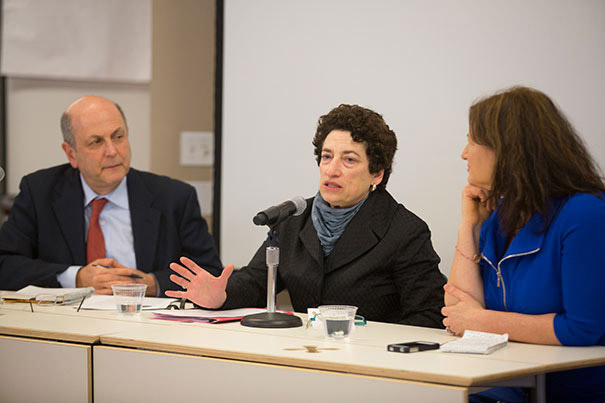
-
Robots to the rescue
Inspired by termites’ resilience and collective intelligence, a team of computer scientists and engineers at the Harvard School of Engineering and Applied Sciences and the Wyss Institute for Biologically Inspired Engineering at Harvard University has created an autonomous robotic construction crew. The system needs no supervisor, just simple robots that cooperate.
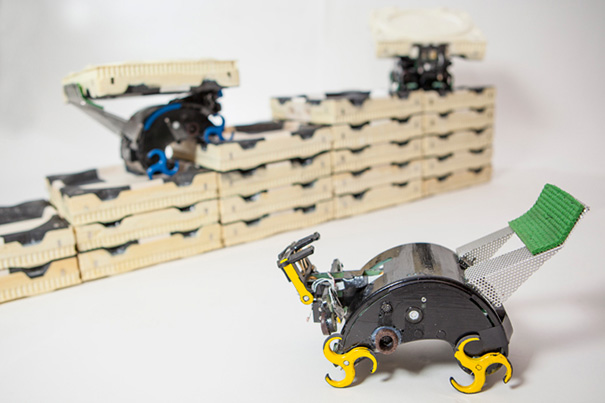
-
Closing the gender gap in computer science
Young women studying computer science were introduced to a group of potential role models as part of a weekend conference at the School of Engineering and Applied Sciences. The event, organized by Harvard Women in Computer Science, drew some of the most successful women in the field.
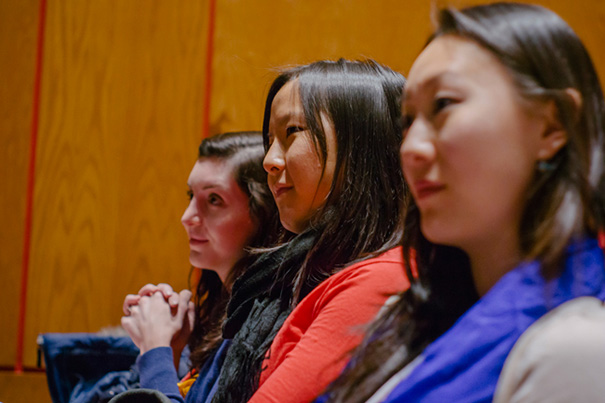
-
Love, it’s a battlefield
With the approach of Valentine’s Day, Harvard experts discuss expectations and students reveal their plans.
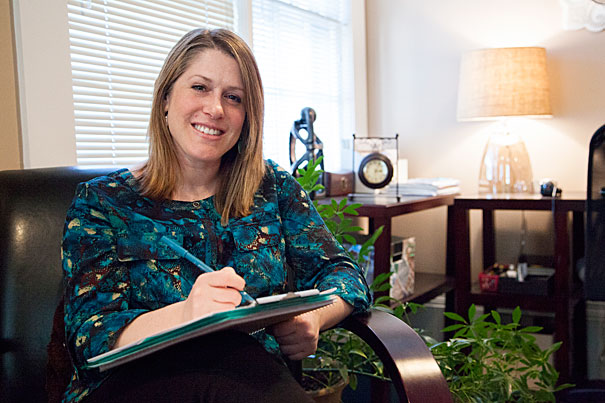
-
Surviving Valentine’s Day after a breakup
Shiri Cohen’s tips for surviving Valentine’s Day after a breakup.
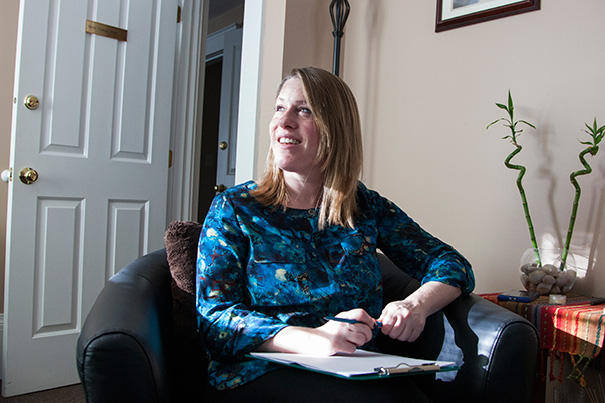
-
A decidedly mixed bag
A new research paper from Harvard Business School says food shoppers who bring their own bags are more likely than those who use disposables to buy healthy organic goods, but also treats like ice cream and chips.

-
Sharper image
Harvard’s Wyss Institute has found a new DNA-based, super-resolution microscopy method that could simultaneously spot dozens of distinct types of biomolecules. This could potentially lead to new ways to diagnose disease, track its prognosis, or monitor the effectiveness of therapies at a cellular level.
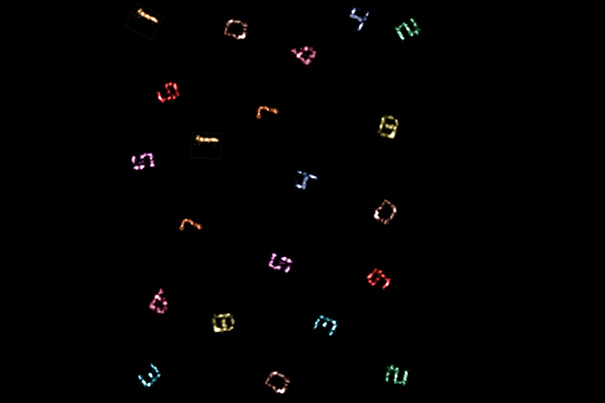
-
Mars rover, slightly used, runs fine
Originally scheduled to operate on the Red Planet’s surface for 90 Martian days, the rover Opportunity has now logged more than 3,500 days, traveled nearly 39 kilometers, and collected a trove of data that scientists have used to study the planet’s early history, particularly any past traces of water.

-
A lab focused on healing
Robert Langer of MIT shared his hopes for bioengineering in a talk at Radcliffe.
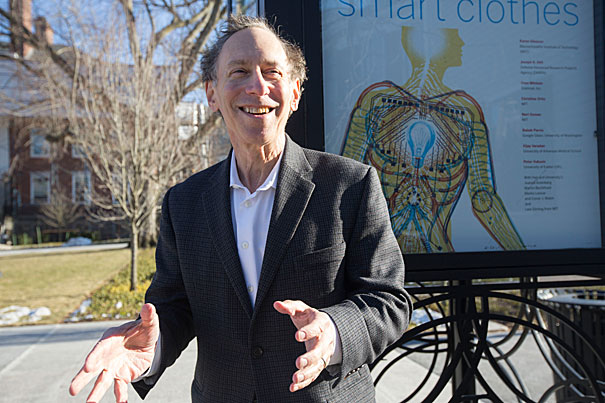
-
The promise of ‘big data’
Harvard symposium embraces the goals and challenges of collecting and processing massive amounts of information on key complex issues.
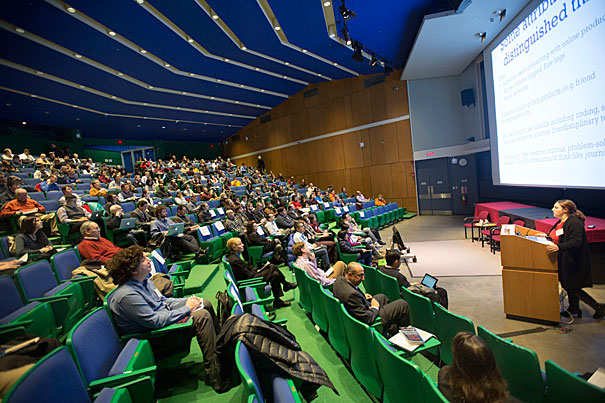
-
Architectural fever dreams
Master’s degree students in architecture present thesis topics in a traditional daylong January event that draws critical crossfire and praise.
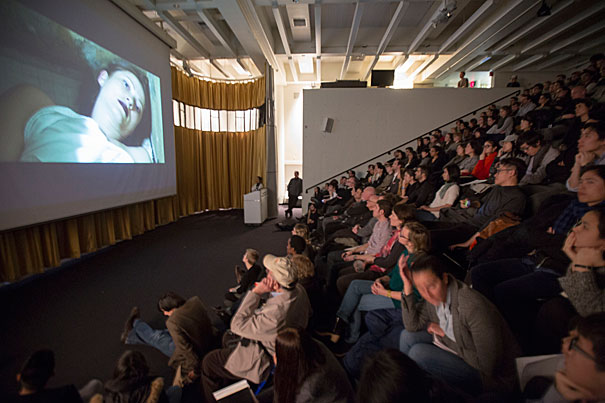
-
An ocean of concern
A group of students from Harvard and Brazil toured the Deer Island sewage-treatment plant as part of a two-week program to investigate how cities adapt to seas rising due to climate change.
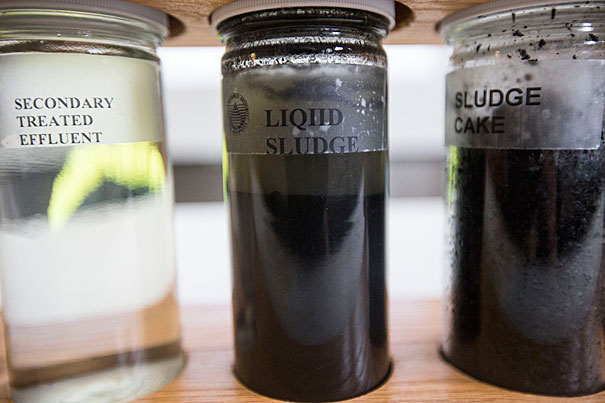
-
Warmth from the woods
At the 3,700-acre Harvard Forest, three wood-fired boilers are providing scientists with a new tool to expand their understanding of climate change, while generating sustainable energy as well.
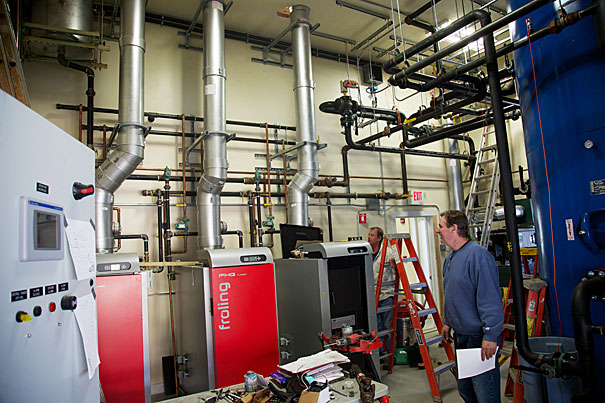
-
Explaining the Higgs
A Q&A with science Professor Lisa Randall, author of a new book explaining the significance of the Higgs boson, and why its discovery matters.
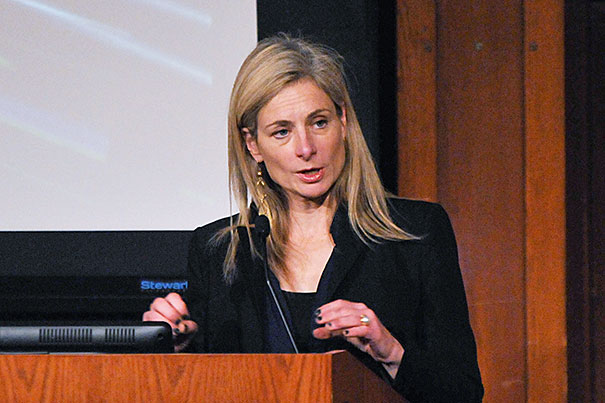
-
Rethinking the roots of altruism
In a new study, Harvard researchers find that inclusive fitness — for decades a standard tool in understanding how altruism evolved — often leads to incorrect conclusions.
